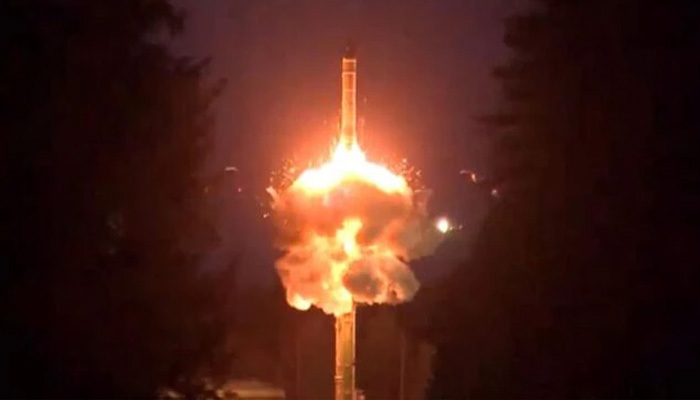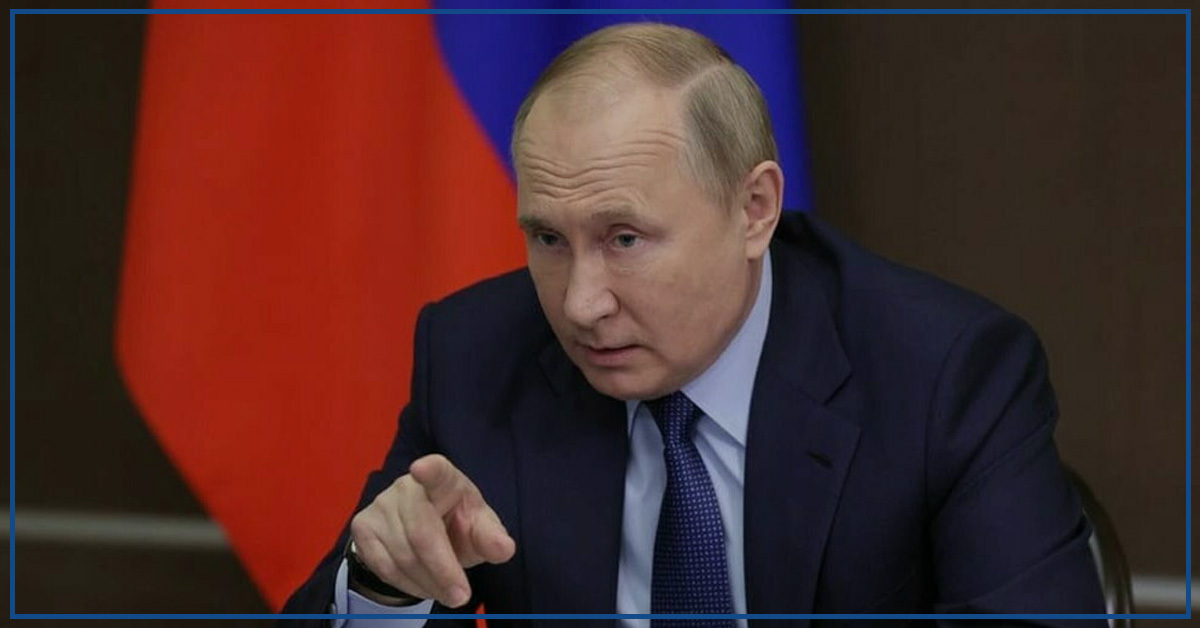Russia’s President Vladimir Putin has officially withdrawn his country’s support for the Comprehensive Nuclear Test Ban Treaty (CTBT), citing a desire to align with the United States.
This controversial decision comes in the wake of Russia’s upper house, the Federation Council, unanimously approving the new law to abandon the CTBT. The lower house, State Duma, had already passed the bill in a rapid vote, and with Putin’s signature, the legislation took effect on Thursday.
The CTBT, established in 1996, was designed to outlaw all nuclear explosions, including live tests of nuclear weapons. However, its effectiveness was hindered due to non-ratification by several key countries.
On October 6, Russia announced its intention to withdraw from the treaty, mirroring the stance of the United States, which had signed but not ratified the treaty.
US Secretary of State Antony Blinken voiced his apprehension regarding Russia’s move, emphasizing that it signifies a substantial deviation from the desired path, pushing us farther away from, rather than closer to, the treaty’s entry into force.
He called upon Russia to uphold its commitment that withdrawing from the treaty does not imply a return to nuclear testing.

In addition to Russia, the CTBT remains unratified by China, India, Pakistan, North Korea, Israel, Iran, and Egypt. Robert Floyd, the head of the Comprehensive Nuclear-Test-Ban-Treaty Organization, condemned Russia’s withdrawal, calling it “very disappointing and deeply regrettable.”
France, an original signatory to the treaty, also expressed its disappointment, emphasizing the importance of the CTBT and its full implementation.
The implications of Russia’s withdrawal are uncertain, with Putin himself expressing hesitancy about resuming nuclear tests. Deputy Foreign Minister Sergei Ryabkov stated that Russia would continue to honor the ban and would only consider nuclear tests if the US did so.
Tensions escalated when Russia conducted a “massive” retaliatory nuclear strike drill just hours after the upper house’s vote, involving missile tests overseen by Putin.
The United States voiced its concerns over Russia’s decision, emphasizing that it endangers the global norm against nuclear explosive testing. It suggested that Russia might be using this move to pressure countries supporting Ukraine in its conflict with Russian forces.
Since the invasion of Ukraine, Putin has increasingly invoked Russia’s nuclear doctrine.
With the abandonment of the CTBT, the last remaining bilateral nuclear weapons treaty between the United States and Russia is the New START agreement. This treaty allowed regular inspections of each other’s nuclear facilities and limited warheads.
However, Russia suspended the New START treaty in February, and it is set to expire in early 2026.
Ryabkov revealed that Russia had received informal proposals from the US to resume talks on strategic stability and arms control, but Moscow believes it’s impossible without a fundamental change in the US’s hostile approach towards Russia.
The international community now watches closely as these developments could have far-reaching consequences for global security.





